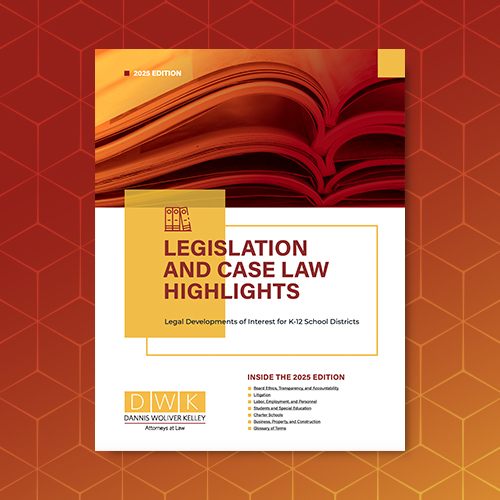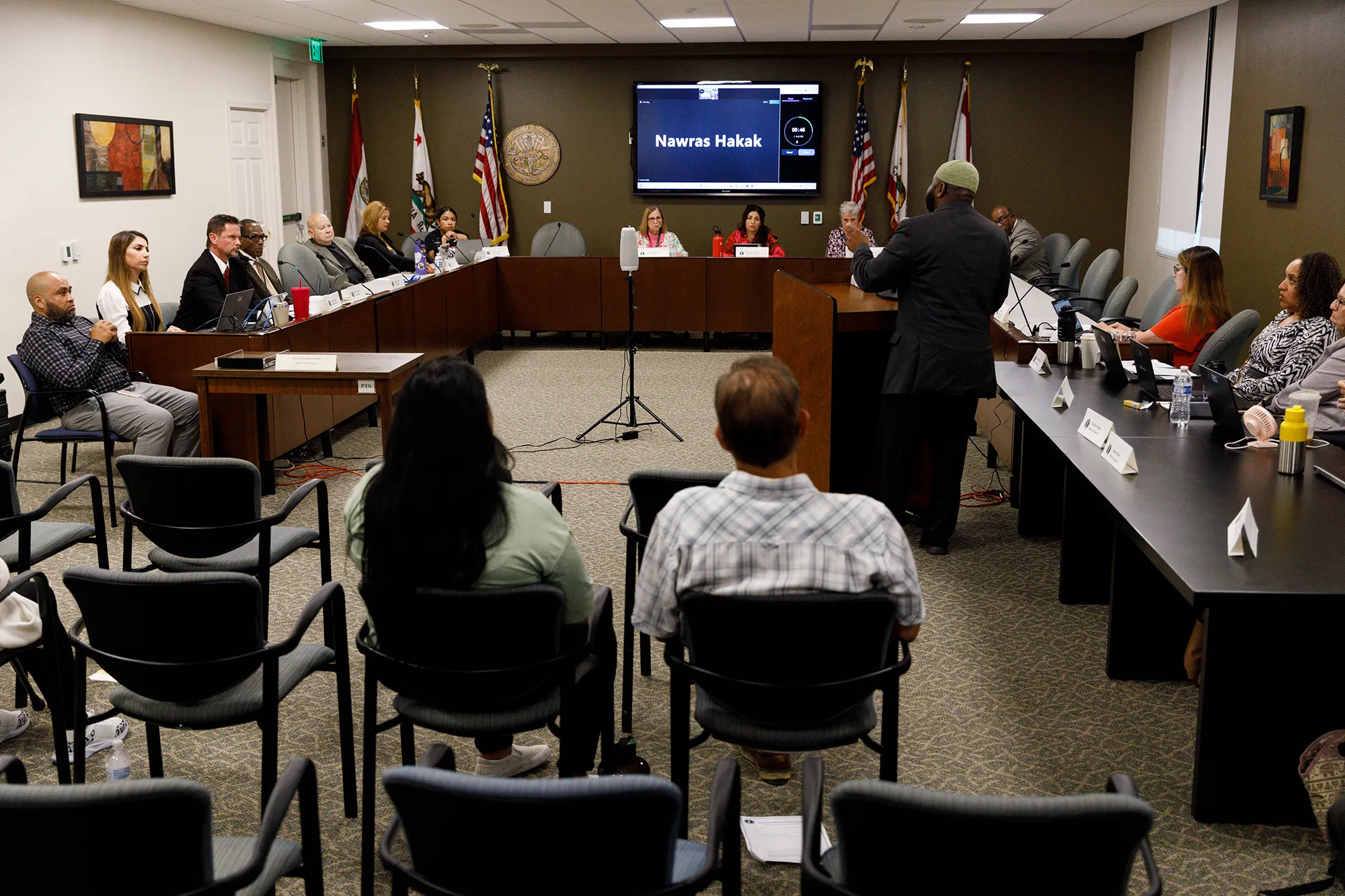At the request of the Lassen County District Attorney, the California Attorney General (“AG”) considered and unequivocally concluded in an opinion released on December 26, 2018, that charter schools are required by existing law to comply with the Ralph M. Brown Act (“Brown Act”) and the California Public Records Act (“CPRA”), and that charter school governing board members are subject to the prohibitions against conflicts of interest prescribed in both Government Code section 1090 and the Political Reform Act, notwithstanding a charter school’s form of corporate organization. The AG also found that the books and records of charter schools authorized by a school district or county board of education are generally subject to review and inspection by a grand jury pursuant to Penal Code section 933.6. This opinion confirms the position that DWK has taken for almost twenty years regarding these important legal compliance issues. (Opinion No. 11-201; 2018 WL 6844116 (Cal.A.G.).)
Background
School districts and other charter-granting agencies are responsible for monitoring charter school compliance with a myriad of laws, including ethics and integrity doctrines that ensure operational transparency and fiscal accountability to the public. However, charter schools often have vigorously disputed the application of open meeting, ethics and transparency doctrines to their boards and operations, making it difficult for oversight agencies to assure compliance. Since 2004, numerous proposals have been made by members of the California Legislature to clarify the application of such doctrines to charter schools; however, to date, no such legislation has been enacted. The AG has now analyzed whether existing law mandates charter school compliance, and has concluded that it does.
Opinion
The AG opinion examined whether charter schools in California are subject to the following public accountability, ethics and integrity statutes applicable to traditional public schools and districts:
- Ralph M. Brown Act and California Public Records Act
The AG recognized that both the Brown Act and CPRA apply to a “local agency” and the “legislative body” of a local agency, and both Acts specifically define a “local agency” to include a “school district.” The AG analyzed whether a charter school is a “school district” or “other local agency” for purposes of the Brown Act and CPRA. Noting that all school districts are subject to such laws, and a charter school is a “school district” for purposes of receiving state funding, the AG concluded that a charter school’s governing body is a “legislative body” within the meaning of the Brown Act. Since the taxpayer public has a legitimate concern in what charter schools do with public money, the business of independently operated charter schools must be conducted in the open and the public must have access to their records. The AG found that the Education Code section 47610 “mega-waiver” provisions do not exempt charter schools from these sunshine laws – finding these are laws of general application governing “all” local agencies, including charter schools.
- Government Code Section 1090.
The AG noted that the prohibition against contractual self-dealing contained in Government Code section 1090 prohibits public officials from participating in making contracts in which they have prohibited interests, to ensure public officials are guided by public interest rather than self-interest. The rule includes officers of any “district” defined broadly to include “any agency of the state formed pursuant to general law or special act, for the local performance of governmental or proprietary functions within limited boundaries.” Because a charter school is an “agency” of the state, and a charter school’s board members are deemed “officers of public schools to the same extent as members of other board of education of public school districts” – they are subject to the conflict of interest prohibitions of Section 1090.
- Political Reform Act.
Recognizing that the Fair Political Practices Commission (“Commission”) is the agency responsible for enforcing the conflict of interest provisions of the Political Reform Act, the AG deferred to the interpretation of the Act by the Commission in a 1998 Advice Letter which concluded a charter school’s non-profit corporation board members was subject to the Political Reform Act conflict of interest provisions. In accordance with the Commission’s interpretation, the AG opined that a charter school’s corporate governing board members are subject to the conflict of interest requirements of the Political Reform Act. Compliance with the Political Reform Act includes not only a prohibition on participation in decision making in which a public official has a financial interest, but also requires the filing of Form 700.
- Grand Jury Review and Inspection
The final question analyzed by the AG was whether the books and records of a school district- or county board of education-authorized charter school are subject to review and inspection by a grand jury pursuant to Penal Code section 933.6. Per the AG, Section 933.6 applies when a grand jury has authority to examine the books and records of a non-profit corporation “established by or operated on behalf of a public entity…” Noting that even though a charter school with a corporate governance structure may be organized by private individuals, the AG found persuasive that a charter school cannot operate or exist as part of the public school system unless it is has been authorized by a chartering authority. Due to this factor and other existing conditions of oversight and control by a chartering authority, the AG opined that a charter school acts “on behalf of” its chartering authority within the meaning of the statute, so the books and records of a charter school authorized by a school district or county board of education are subject to review and inspection by a grand jury pursuant to Section 993.6.
Impact
While AG opinions are not binding legal authority, they are considered persuasive authority to courts in California. This AG opinion confirms the advice we have always given to charter granting agencies, which is that ethics and transparency laws exist to protect the public fisc, and as publicly funded organizations, charter schools may not sidestep or avoid compliance, even when operated by or as non-profit corporations. We anticipate Legislative action on these and other important aspects of charter school operations in the coming year, and will keep you informed as new guidance is developed.



